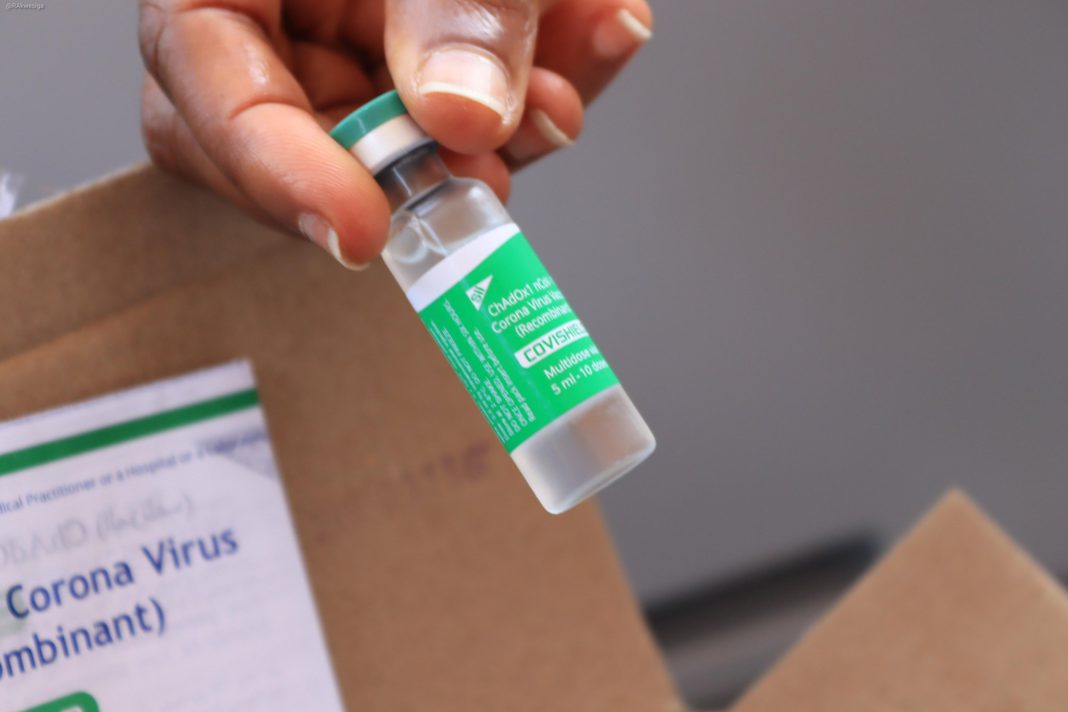Economic experts have revealed that the low rate of vaccination against covid-19 in sub-Saharan Africa hinders economic recovery prospects of the region’s countries.
Insights from the Global Dashboard for COVID-19 Vaccine Equity show that 1 in 74 people or 1.36% of people in low- and lower-middle-income countries had been vaccinated as of 4th August 2021. This is a sharp contrast to the 1 in 2 people or 51.15% of people that had been vaccinated in high-income countries by the same date.
In Uganda, with a population of over 42 million, a total of 1,123,221 vaccine doses had been administered as of the 8th August 2021, according to the World Health Organisation.
While recently presenting the Absa East Africa Macro Outlook for the second half of 2021, Ridle Markus, the sub-Saharan macroeconomist at Absa Group said, “With regard to economic growth, it has been noted that sub-Saharan Africa is lagging behind the rest of the world, in part due to a low rate of COVID-19 vaccination standing at about 3 doses per 100 people.”
The World Health Organisation blames this on COVID-19 vaccine inequity and attributes it to a high price per COVID-19 vaccine dose and delivery costs.
This has affected economic recovery in low- and lower-middle-income countries as many are still implementing lockdowns and partial lockdowns to stem the spread of the Coronavirus – which in turn have negative impacts on the socio-economic wellbeing of the population.
Markus, however, said that in spite of this, East Africa is expected to record the fastest growth cycle when compared to West Africa, the islands and southern Africa, as there are sectors in the region that will further push growth in the economies.
While speaking to the outlook for Uganda, David Wandera, Head of Financial Markets at Absa Bank Uganda attributed this optimistic stance to, among others, the country’s favourable agricultural conditions, the Central Bank’s interventions to stimulate borrowing and recent developments in the oil and gas sector, which signal some positivity in the coming months with the hope that they will help counter the negative effects of COVID-19.
He added, “The developments in the East African Crude Oil Pipeline, means that a lot of businesses that were dormant are being given tenders, and with the expected signing of the Final Investment Decision at the end of the year, this could prove to be a transformative period for Uganda. Overall, the outlook is positive, but we are maintaining a ‘wait-and-see’ strategy.”







